- About us
- Support the Gallery
- Venue hire
- Publications
- Research library
- Organisation chart
- Employment
- Contact us
- Make a booking
- Onsite programs
- Online programs
- School visit information
- Learning resources
- Little Darlings
- Professional learning
Portrait Stories use video, multimedia and sound to present the stories of the artists and subjects in the National Portrait Gallery's collection. This series is produced with funds donated by Tim Fairfax AC.
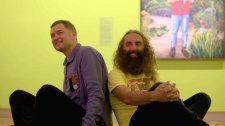
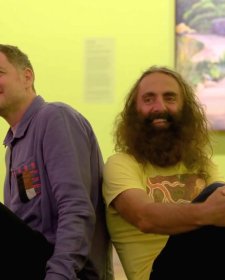
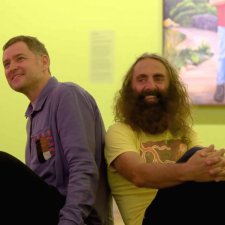
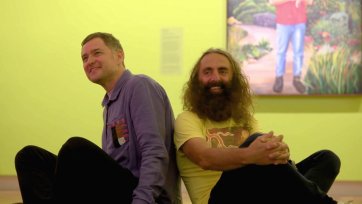
5 minutes
Costa and Rob on meeting for the first time and the creation of Costa (it's not ours it's us).
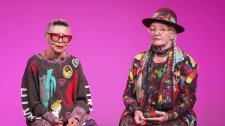
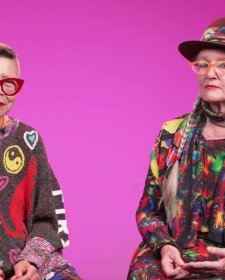
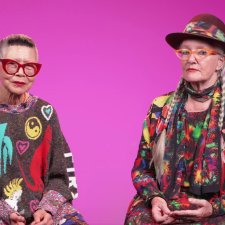
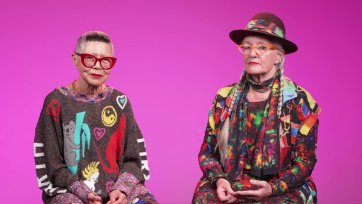
4 minute 19 seconds
Jenny Kee and Linda Jackson on collaboration.
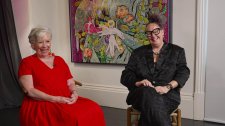
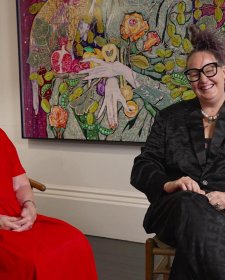
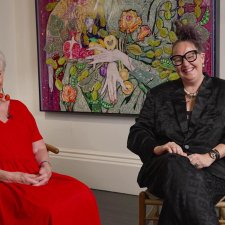
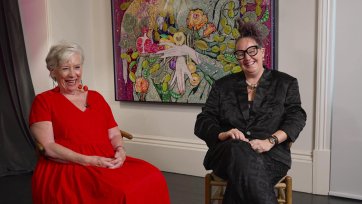
5 minutes 35 seconds
Maggie Beer and Del Kathryn Barton on symbolism and beauty.
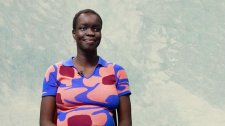
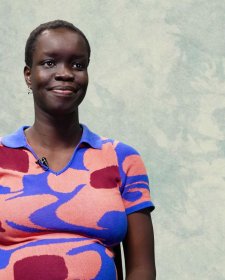

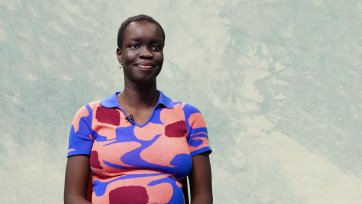
2 minutes
Atong Atem on exploring presentation in traditional photography.
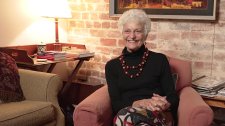
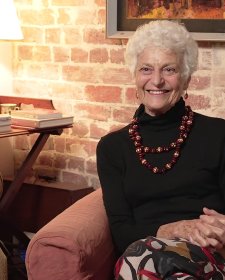
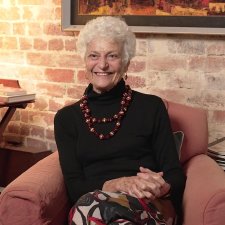
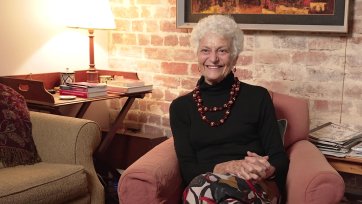
7 minutes
Fiona Stanley on her career as a paediatric epidemiologist, and working with Aboriginal communities.
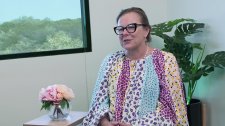
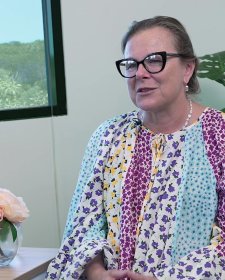
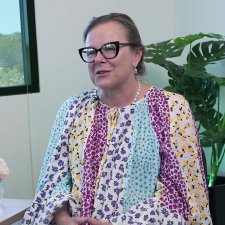
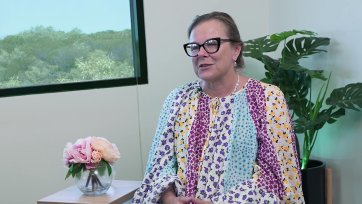
6 minutes
Surgeon Fiona Wood on problem solving and saying 'yes'.



Visit us, learn with us, support us or work with us! Here’s a range of information about planning your visit, our history and more!


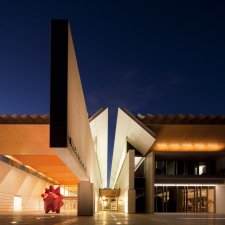
We depend on your support to keep creating our programs, exhibitions, publications and building the amazing portrait collection!

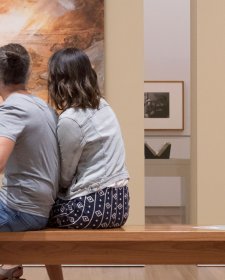
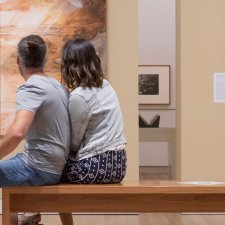
Information on location, accessibility and amenities.